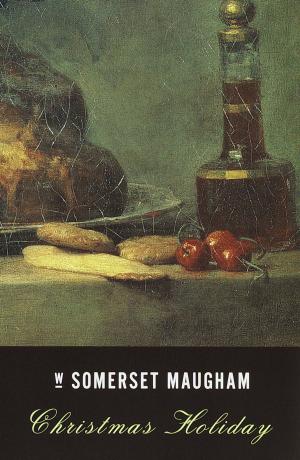The Darkness and the Light
Poems
Nonfiction, Entertainment, Drama, Anthologies, Fiction & Literature, Poetry, American| Author: | Anthony Hecht | ISBN: | 9780307483591 |
| Publisher: | Knopf Doubleday Publishing Group | Publication: | February 8, 2012 |
| Imprint: | Knopf | Language: | English |
| Author: | Anthony Hecht |
| ISBN: | 9780307483591 |
| Publisher: | Knopf Doubleday Publishing Group |
| Publication: | February 8, 2012 |
| Imprint: | Knopf |
| Language: | English |
The poetry of Anthony Hecht has been praised by Harold Bloom and Ted Hughes, among others, for its sure control of difficult material and its unique music and visual precision. This new volume is the fruit of a mellowing maturity that carries with it a smoky bitterness, a flavor of ancient and experienced wisdom, as in this stanza from “Sarabande on Attaining the Age of Seventy-seven”:
A turn, a glide, a quarter-turn and bow,
The stately dance advances; these are airs
Bone-deep and numbing as I should know
by now,
Diminishing the cast, like musical chairs.
Hecht’s verse—by turns lyric and narrative, formal and free—is grounded in the compassion that comes from a deep understanding of every kind of human depredation, yet is tempered by flashes of wry comedy, and still more by innocent pleasure in the gifts of the natural world. Followers of his poetry will recognize an evolution of style in many of these poems—a quiet and understated voice, passing through darkness toward realms of delight.
The poetry of Anthony Hecht has been praised by Harold Bloom and Ted Hughes, among others, for its sure control of difficult material and its unique music and visual precision. This new volume is the fruit of a mellowing maturity that carries with it a smoky bitterness, a flavor of ancient and experienced wisdom, as in this stanza from “Sarabande on Attaining the Age of Seventy-seven”:
A turn, a glide, a quarter-turn and bow,
The stately dance advances; these are airs
Bone-deep and numbing as I should know
by now,
Diminishing the cast, like musical chairs.
Hecht’s verse—by turns lyric and narrative, formal and free—is grounded in the compassion that comes from a deep understanding of every kind of human depredation, yet is tempered by flashes of wry comedy, and still more by innocent pleasure in the gifts of the natural world. Followers of his poetry will recognize an evolution of style in many of these poems—a quiet and understated voice, passing through darkness toward realms of delight.















